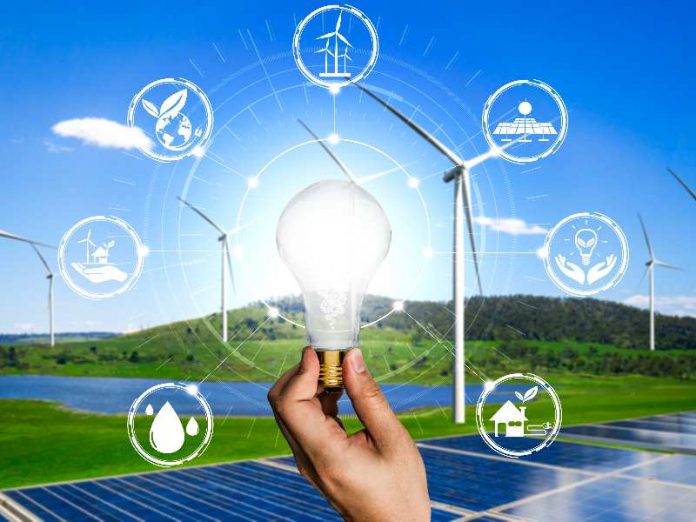The Renewable Energy Association of Nigeria (REAN) has put the total cost of unreliable electricity in Nigeria at over $25 billion.
Due to the frequent collapse of the national grid and the comatose grid electricity supply, REAN has estimated that businesses are spending over $14 billion yearly on private fossil fuel generators.
The generators themselves negatively impact the economy by inducing unemployment, health-threatening implications and environmental pollution.
Nigeria’s informal sector, classified as micro, small and medium enterprises (MSMEs), make up 65% of the country’s Gross Domestic Products (GDP), 80.4% of employees are in the informal sector, and 98% of informal businesses pay taxes but to non-state recognised actors.
Most MSMEs identify unreliable electricity as a major challenge to their businesses and are willing to pay for a switch to renewable energy with the right incentive and product guarantee. The association further noted that the problem could be fixed with the right energy mix and actual actions on policies.
The right energy mix, actual actions on policies, and an investment-friendly environment that ensures improved capacity for local manufacturing and assembling of clean, renewable energy technologies and advancing research in other emerging energy sources would go a long way toward mitigating costs.
The challenges confronting the Nigerian power sector are well documented, with about 47% of Nigerians lacking access to grid electricity, and those with access face regular power outages. The country has an unmet energy demand of over 20,000MW, which has compromised its achievement of the Sustainable Development Goals (SDGs).
However, within and behind these challenges are enormous opportunities and gains from economic to social and environmental profits. Nigeria is endowed with large oil, gas, hydro and solar resources and it has the potential to generate 12,522MW of electric power from existing plants.

